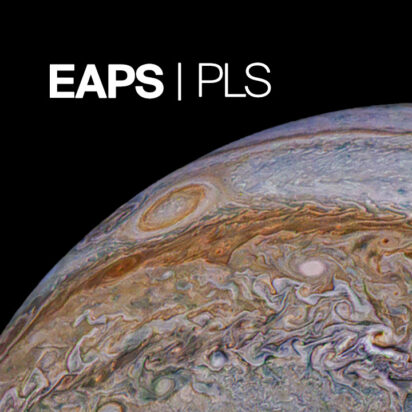
[PLS] Sara Tavella (University of Genève)
Date: Tuesday, February 18, 2025 Time: 12:30 - 1:30pm Location: 54-517 | MIT Campus, Cambridge, MA, 02139“Towards the detection of Earth twins through extreme precision radial velocity”
An extreme precision of 10 cm/s in radial velocity (RV) is required to detect an Earth-like planet orbiting in the habitable zone (HZ) of a solar-type star. Although the current state-of-the-art instruments are designed to bring us close to this threshold, we are still limited to a precision level of ~1 m/s by residual perturbing effects of both instrumental and stellar origin. These signals are difficult to disentangle at the level of RV timeseries, and we therefore propose to go back at the level of the spectra, where we can resolve and mitigate instrumental and stellar contaminations before the actual RV extraction. During this talk, I will present the promising results of such an approach, combining the already established YARARA framework (Cretignier+2021) as first layer of corrections with a PCA-driven method developed to remove persistent residuals signals of instrumental, telluric and stellar origin. By applying this method to 8 years of HARPS-N Sun-as-a-star data, we are able to reduce significantly the RV rms, down to 40 cm/s, and improve the detection limits of this technique. I will also put our results for the Sun-as-a-star into a wider context: once fully validated on solar data, we will apply our spectral-level correction method to other nearby bright stars and open the path for the discovery and characterization of HZ (super-)Earths.
Planetary Lunch Seminar —
Colloquia topics span the range of research interests of the department’s planetary sciences research program, and the talks are intended to appeal to any graduate students, postdocs, research scientists, and faculty with a background in planetary science. Speakers include members of the MIT community and visitors.
Contact: planetary-org@mit.edu
